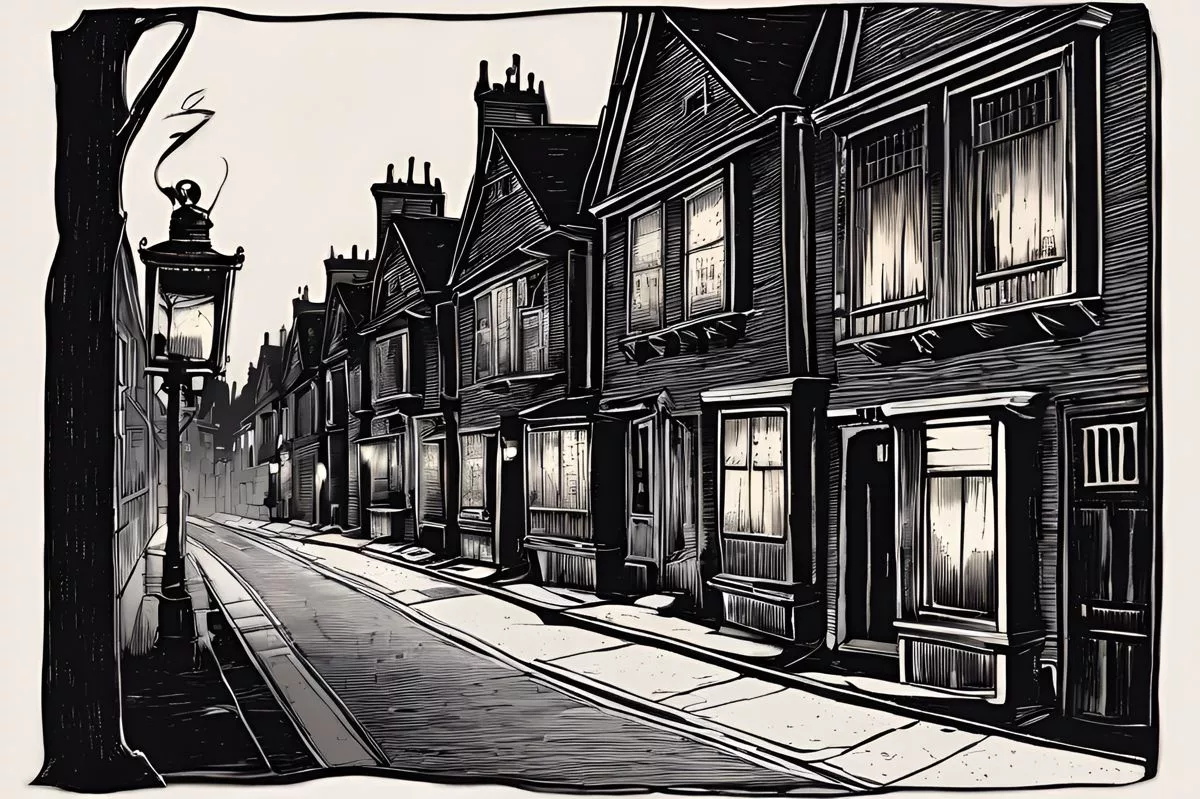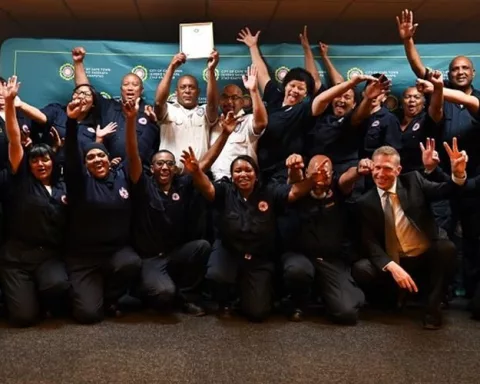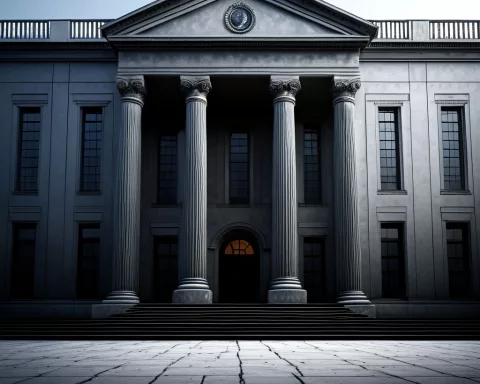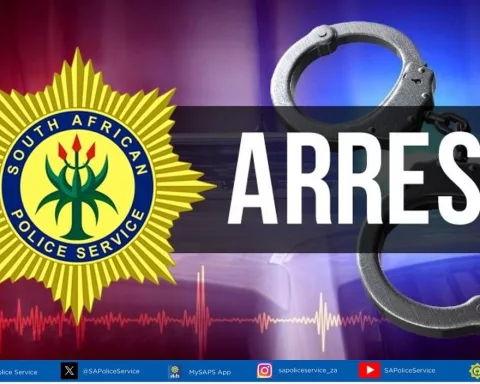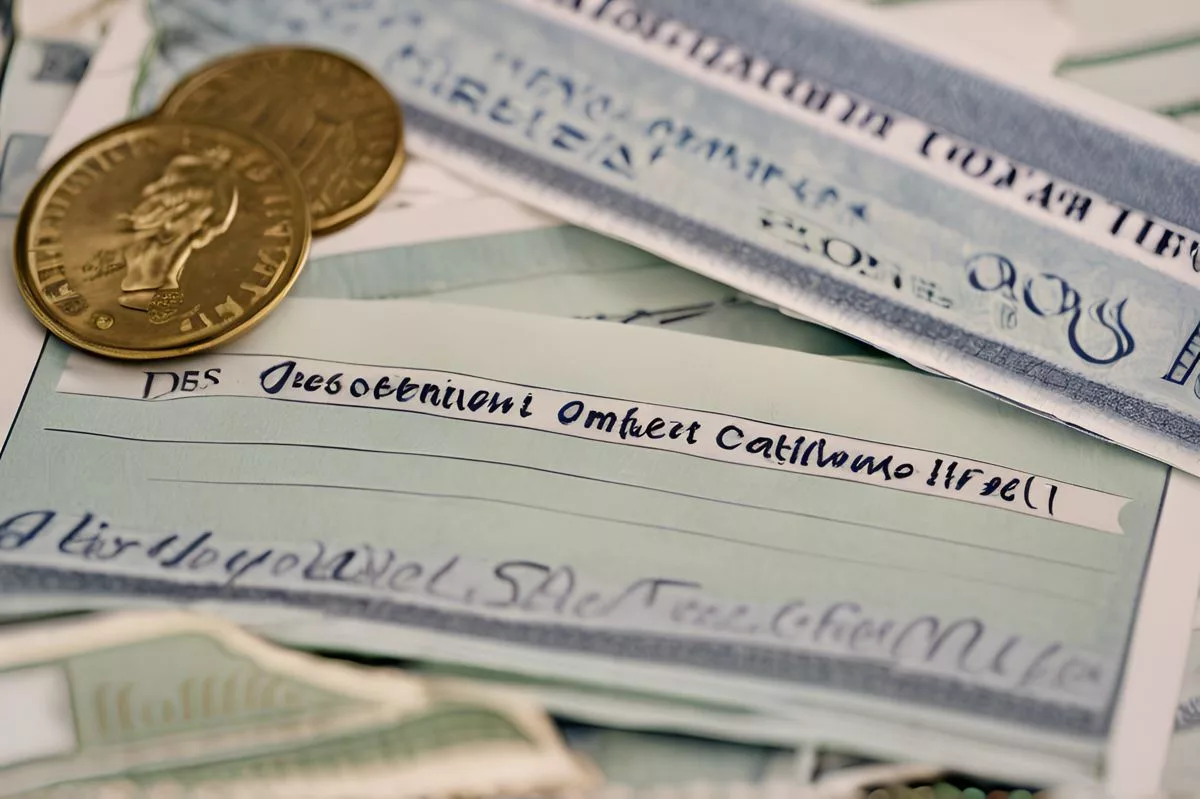Maroela South is a community in Kraaifontein facing serious troubles. They lack electricity, forcing families to rely on expensive gas lights, while crime rates keep rising, leaving residents scared and vulnerable. Promises of new homes and power have been broken, with many still waiting for their turn to move in. Community leaders are frustrated, calling for better communication from Eskom, the electricity provider, which has failed to deliver on its commitments. This situation highlights the difficulties many South African communities face as they strive for safety and stability.
What challenges is the Maroela South community facing?
The Maroela South community faces significant challenges, including a lack of electricity and rising crime rates. Despite the construction of new homes, the promise of electrification remains unfulfilled, leaving residents vulnerable and reliant on costly gas lighting. This situation highlights broader issues of inadequate infrastructure and governance.
The Unmet Promises of Electrification
In the heart of Kraaifontein, a community known as Maroela South finds itself grappling with the dual challenges of rising crime and a lack of basic infrastructure. Over a year has passed since the City of Cape Town handed over the first homes in the Maroela South housing project, yet the promise of electrification remains unfulfilled. This unkept promise has dashed the hopes of many residents who once envisioned a brighter future in their new homes. Initially designed to provide 395 state-subsidized BNG homes and 175 Gap housing units, the project has only managed to complete 120 homes so far. The next phase of construction is on hold pending the finalization of tenders, leaving many residents to question when—or if—their turn will come.
Gavin Riddles, a community representative, paints a bleak picture of life in Maroela South. “It’s hard to believe these people still lack power,” he said, highlighting the dire consequences of the delay. The community has been plunged into literal darkness, as the lack of street lighting and electricity leaves residents vulnerable to rampant crime. The recent discovery of two bodies following violent incidents underscores the severity of the situation. Daily thefts and break-ins have become a grim routine, with shootings and attempted burglaries occurring almost every night. The constant threat has driven some beneficiaries to flee, seeking refuge from the unrelenting criminal activities.
Currently, the 117 residents of the housing project rely on gas for lighting and cooking. This temporary solution, however, proves financially burdensome for many. Some residents have tried to install solar lights, but these too have fallen prey to thieves, leaving the community in an almost perpetual state of darkness. “They remain in darkness as Eskom seems unresponsive,” Riddles remarked, reflecting the growing frustration among residents.
Political Scrutiny and Eskom’s Shortcomings
The urgency of the situation has caught the attention of PR councillor Siseko Mbandezi, who highlighted the need to address these issues at a recent subcouncil meeting. He criticized Eskom for its numerous unfulfilled promises regarding the electrical infrastructure in the area. “If they can’t afford to electrify the area, they should be honest about it,” Mbandezi asserted, emphasizing the need for transparency. Eskom had previously committed to installing a substation by May, but as September arrived, excuses were all that residents received. The utility’s significant financial challenges, partly attributed to state capture, have further complicated the issue. “They need to communicate openly with the community,” Mbandezi stressed, warning that halted construction could lead to illegal invasions, putting the City in a precarious position.
In response to media inquiries, Eskom stated that the main construction phase for the Denova substation and high-voltage line had been completed, yet delays persisted. An Eskom spokesperson acknowledged the various challenges affecting the electrification timeline but affirmed their commitment to addressing these issues and working closely with local authorities to expedite the process. Despite these assurances, the lack of progress has left residents anxious and disheartened.
Historical Context and Broader Socio-Economic Issues
The plight of Maroela South serves as a stark reminder of the broader socio-economic issues plaguing South Africa. For many, the dream of owning a home is intertwined with hopes of stability and security. Yet, in Maroela South, this dream has turned into a daily struggle for survival. The community’s hardships reflect the historical and ongoing challenges of providing adequate housing and infrastructure in a country grappling with profound inequalities.
Historically, the Reconstruction and Development Programme (RDP) houses symbolized a commitment to rectify the injustices of apartheid through mass housing projects. However, the promise of these initiatives often falls short when the supporting infrastructure lags behind. The Maroela South project echoes the frustrations seen in many other RDP housing communities where delayed infrastructure projects exacerbate social issues.
Art and literature have long depicted the struggles of communities like Maroela South. South African playwright Athol Fugard, known for exploring the lives of marginalized individuals during apartheid, often depicted the enduring human spirit amid adversity. The residents of Maroela South embody this resilience as they navigate daily challenges with hope and determination.
The Broader Implications for Urban Planning and Governance
Beyond the immediate concerns of crime and lack of electricity, the situation in Maroela South invites a broader reflection on urban planning and community development. Integrating housing with essential services is crucial for fostering sustainable communities. The absence of such integration in Maroela South underscores the need for a more holistic approach to urban development, one that includes the timely provision of services and infrastructure.
Moreover, the role of communication and accountability in governance cannot be overstated. Eskom’s unfulfilled promises and lack of transparent communication have eroded trust within the community. Effective governance requires not only the execution of projects but also the assurance that communities remain informed and engaged throughout the process. This principle is fundamental to building trust and ensuring the success of public initiatives.
The Maroela South housing project stands at a crossroads, symbolizing both the challenges and potential of community development in South Africa. The residents’ plight underscores the need for urgent action and a reimagining of how housing projects are planned and executed. As the community waits for the lights to come on, their struggle serves as a poignant reminder of the broader quest for equity and justice in a society still healing from its past.
FAQ about Maroela South Community Issues
What are the main challenges facing the Maroela South community?
The Maroela South community faces significant challenges, including a lack of electricity and rising crime rates. Residents rely on costly gas lighting and cooking solutions due to the unfulfilled promise of electrification. Additionally, the community is grappling with inadequate infrastructure, leaving many vulnerable and fearful for their safety.
Why has the electrification of Maroela South been delayed?
The delay in electrification is primarily due to unfulfilled commitments from Eskom, the electricity provider. Although construction for a new substation was promised, the project has faced delays and lack of transparency, leaving residents anxious about when they will finally receive electricity in their homes.
How has the crime rate affected the residents of Maroela South?
The rising crime rate in Maroela South has created an environment of fear and vulnerability among residents. Daily thefts, break-ins, and violent incidents have become common, driving some families to flee the area. The lack of adequate street lighting exacerbates the situation, making residents targets for criminal activity.
What efforts are community leaders making to address these issues?
Community leaders, including representatives like Gavin Riddles and PR councillor Siseko Mbandezi, are actively calling for better communication and accountability from Eskom. They are advocating for transparency regarding electrification timelines and are raising awareness about the urgency of the situation at public meetings.
How do historical socio-economic issues relate to the current situation in Maroela South?
The struggles of Maroela South reflect broader socio-economic issues in South Africa, particularly those stemming from the legacy of apartheid. While initiatives like the Reconstruction and Development Programme aimed to provide adequate housing, they often fall short when supporting infrastructure is lacking. This historical context highlights ongoing inequalities and the need for holistic community development.
What can be done to improve the living conditions in Maroela South?
Improving living conditions in Maroela South requires urgent action on multiple fronts, including timely electrification, better urban planning that integrates essential services with housing, and enhanced communication and accountability from local authorities. Engaging the community in development processes will also foster trust and ensure that residents are informed and included in decision-making.

